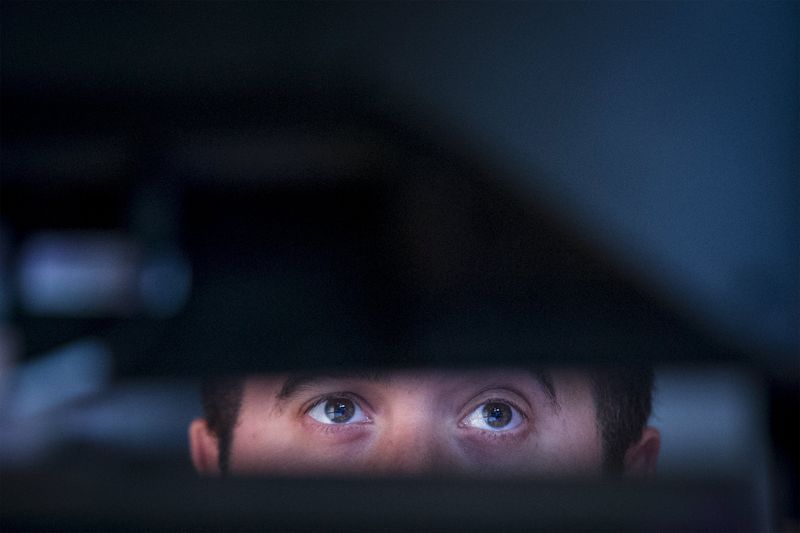© Reuters. FILE PHOTO: Visitor passes the Raytheon Technologies Corporation (RTX) logo at the 54th International Paris Air Show at Le Bourget Airport near Paris, France, June 22, 2023. REUTERS/Benoit Tessier/File Photo
By Pratyush Thakur
(Reuters) – Aerospace giant RTX Corp on Monday told airlines hundreds of their Airbus jets would be grounded at any one time in coming years to check for a rare manufacturing flaw, souring the mood in an industry that was only just experiencing some relief from supply chain pressures.
It is the latest manufacturing defect to hit planemaking this year, after separate quality issues with another big supplier Spirit AeroSystems (NYSE:).
WHAT IS THE QUALITY ISSUE SURROUNDING RTX ENGINES?
RTX unit Pratt and Whitney’s popular Geared Turbofan (GTF) engines were designed for better fuel efficiency and fewer emissions.
The engines have become popular and now compete with the LEAP engines produced by CFM International to power the Airbus A320neo.
But concerns over its performance have swirled in recent months after engines faced problem with durability in hot and dusty climates, requiring more frequent maintenance.
In July, RTX disclosed it had found microscopic containments in powdered metal, used to manufacture high-pressure turbine discs that are part of engine’s core, and presence of which could lead to cracks in the engine.
RTX said at that time that 200 engines would require “accelerated inspection” with 60 days to fix each engine with a contamination issue. However, on Monday RTX widened the scope of inspections, to pull around 600 to 700 engines off their Airbus jets and projected repair work to last up to 300 days per engine.
HOW DID THE PROBLEM ARISE?
In 2015 RTX, then called Raytheon (NYSE:), expanded capacity at its subsidiary HMI, where the company makes the powdered metal, to support additional capacity required for GTF ramp-up.
During the ramp up, a contaminant was mistakenly introduced into the powder, which inspection during that time failed to detect.
ARE THERE QUALITY ISSUES AT OTHER AEROSPACE SUPPLIERS?
Yes. Boeing (NYSE:) last month identified a 737 MAX quality problem involving supplier Spirit AeroSystems that resulted in improperly drilled holes on the aft pressure bulkhead, a structure that seals off the rear of the pressurized cabin.
Earlier this year, Boeing paused deliveries of some 737 MAXs as it grappled with a supplier quality problem involving two fittings that join the aft fuselage made by Spirit to the vertical tail, which were not attached correctly.
WHY ARE THESE PROBLEMS SURFACING NOW?
Original equipment manufacturers (OEM) in the highly complex aerospace industry are dealing with skyrocketing demand and transitioning to high-rate production.
The ramp-up has stressed supply chains and is being impeded by labor shortages.
Aerospace companies have flagged high labor attrition stemming from COVID, and the presence of more inexperienced, less skilled workers have compounded the quality issues.
The grounding of the 737 MAX after two fatal crashes has also introduced a new era of intense regulatory scrutiny.
WHAT IS NEXT?
RTX has said the inspection process would require the grounding of nearly 350 aircraft per year through 2026.
Due to the already constrained supply chain, RBC analyst Ken Herbert expects GTF repairs to drag on longer than expected. Carriers that had taken deliveries of affected jets are reducing some flights and have trimmed their carrying capacities.
Although RTX has said the engines in its current production are unaffected, some aerospace analysts see Pratt and Whitney ceding market share to CFM, a joint venture between GE and France’s Safran (EPA:).
Read the full article here













